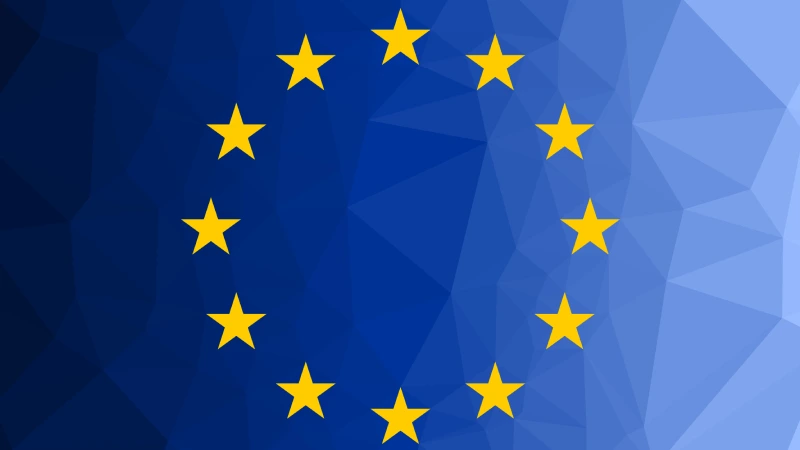Overview
Invoice matching is a crucial part of the accounts payable process, ensuring accuracy in transactions and preventing errors or fraud. There are two primary methods used for this—2-way matching and 3-way matching.
Both processes serve to verify invoices, but they differ in the number of documents matched and their level of scrutiny. In this blog, we’ll explore 2-way matching vs. 3-way matching, explain their differences, and discuss how automated invoice matching can streamline these processes.
What is 2 Way Matching?
2 way matching is a process that compares two documents: the purchase order (PO) and the invoice. This method ensures that the invoice details, such as quantity, price, and terms, align with the purchase order before approving payment. It’s a simpler method, ideal for straightforward transactions where goods or services are delivered directly as per the purchase agreement.
For example, if a company orders office supplies worth $1,000, 2-way matching would compare the purchase order against the vendor’s invoice to confirm the quantity and cost match before issuing payment.
2 way matching is commonly used for services or digital products where there is no need to receive physical goods, making the process quicker and easier. However, this method may overlook some important details that could affect the overall accuracy of the payment, such as discrepancies in the delivery of goods.
What is 3 Way Matching?
3 way matching involves matching three documents: the purchase order, the invoice, and the receiving report. This extra step of verifying the goods receipt ensures that the quantity of items received matches the PO and invoice. It is especially useful for companies dealing with physical goods, where a third document is required to verify that the ordered items were actually delivered.
For instance, if a company orders 500 units of raw materials, 3-way matching will compare the purchase order with the invoice and the goods receipt to ensure that 500 units were delivered and billed accordingly. This method provides greater accuracy, reducing the risk of overpayments or fraudulent claims by ensuring that the payment is based on verified deliveries.
Although 3 way matching adds another layer of verification, it can be more time-consuming and may slow down the payment approval process, especially if done manually. This is where automation becomes valuable.

2-Way Matching vs. 3-Way Matching: Key Differences
The primary difference between 2-way matching and 3-way matching lies in the number of documents compared. In 2-way matching, only the PO and invoice are verified, making it faster but potentially riskier when dealing with physical goods. On the other hand, 3-way matching compares the PO, invoice, and goods receipt, providing greater accuracy but at the cost of a slower process.
- Accuracy: 3-way matching offers higher accuracy since it verifies goods received before approving payment
- Speed: 2-way matching is quicker and more suitable for service-based purchases.
- Risk Mitigation: 3-way matching reduces the risk of overpayment and fraudulent invoicing by adding the goods receipt verification step.
The Benefits of Automated Invoice Matching
Manual invoice matching can be a time-consuming and error-prone process, especially for companies with high transaction volumes. Automating invoice matching—whether 2 way or 3 way—speeds up the process, reduces errors, and ensures compliance with internal controls.
Automated invoice matching can flag discrepancies in real-time, preventing overpayments or delays in payment approval. Automation also frees up the accounts payable team to focus on more strategic tasks, reducing the manual workload and minimizing the chances of human error.

Conclusion
Smartbooqing’s AI-powered accounts payable automation solution makes automated invoice matching simple and efficient. Whether your business uses 2-way or 3-way matching, Smartbooqing can streamline the process, reduce errors, and ensure compliance. By leveraging automation, your accounts payable team can enjoy faster payment cycles, more accurate invoice processing, and improved financial control.
Explore how Smartbooqing can enhance your 2-way matching and 3-way matching processes today!



